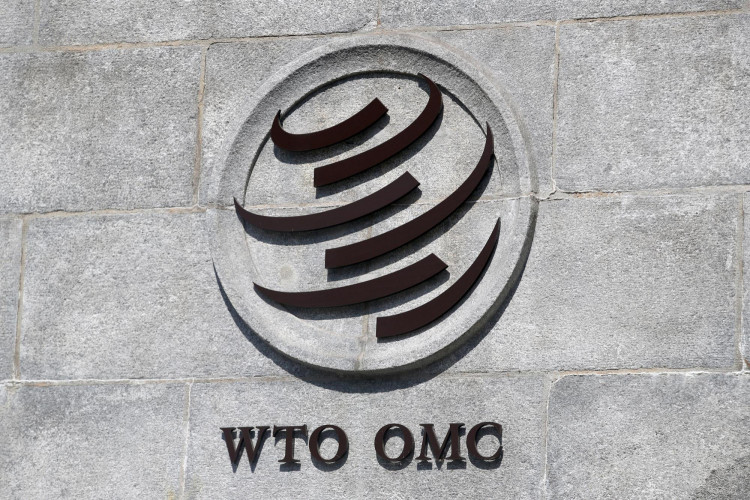A World Trade Organization committee on Tuesday ruled that tariffs imposed by the Trump administration on $200 billion worth of Chinese products violated global trading policies, Reuters reported.
The ruling vindicated Beijing even if Washington has all but impaired the WTO's capacity to deliver an irrevocable resolution, which marks the first time the WTO has decided against a host of high-profile tariffs that the Trump administration has set upon a number of nations.
In a document, the Geneva-based trade body disclosed that the U.S. failed to meet its "burden of demonstrating that the tariffs are provisionally justified," Bryce Baschuk of Bloomberg quoted a portion of the report as saying.
While the WTO judgment strengthens China's assertions, the U.S. can essentially turn down the ruling by submitting an appeal in the next two months.
The Trump government said the tariffs it implemented in 2018 - which triggered a trade dispute - on over $200 billion in Chinese products were legal because Beijing was forcing American firms to transfer technology for access to Chinese markets in addition to stealing intellectual property.
U.S. envoy Robert Lighthizer, America's top trade arbiter, said the WTO must allow the U.S. to defend itself against biased trade practices.
He added that the WTO is totally incapable of stopping China from engaging in unhealthy technology practices. The WTO move will not impact the China-U.S. Phase One deal, Lighthizer pointed out.
China's Ministry of Commerce said Beijing welcomed the multilateral trading policy and abided by the laws created by the WTO and hoped the Trump administration would follow their example.
On paper, the WTO decision would enable Beijing to carry out its own retaliatory tariffs on billions' worth of American products. But it won't have any bearing, at least for the time being, because Washington can appeal the verdict.
But the appeal could hit a snag because the U.S. has obstructed the selection of judges to the appellate court, hindering it from assembling the minimum number that is needed to start a proceeding.






